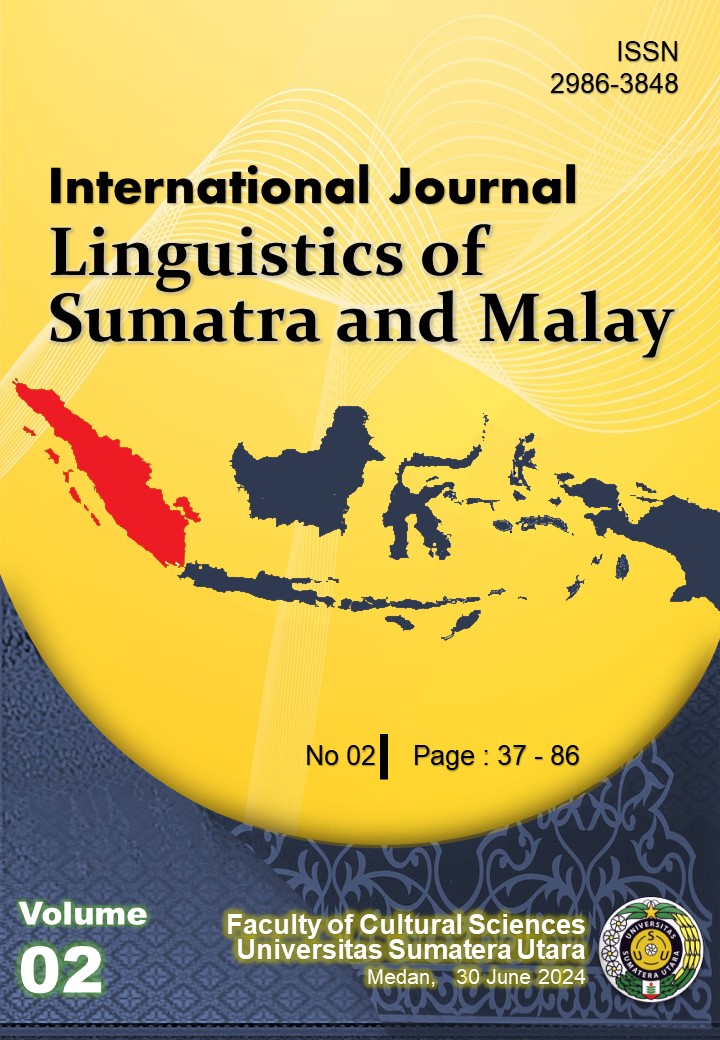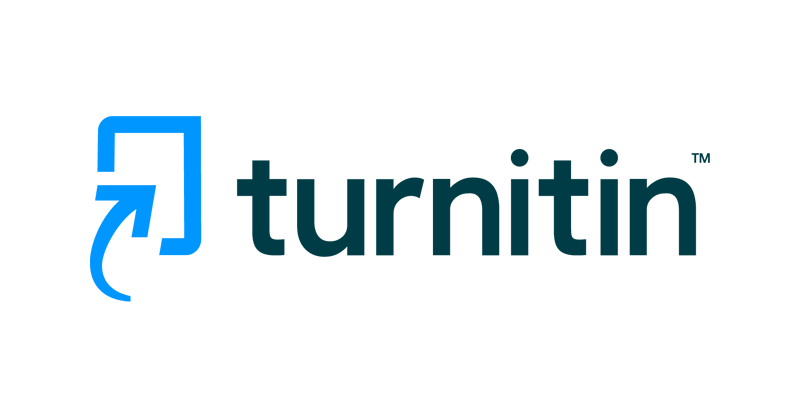Knowledge Management in the Literature From 2021 to 2024
DOI:
https://doi.org/10.32734/ijlsm.v2i2.15544Keywords:
COVID-19, Stigma, Knowledge management, Knowledge Network, RiskAbstract
The COVID-19 pandemic has significantly impacted knowledge management in Higher Education Institutions (HEIs). Studies have found that material, financial, and human resources are the key factors in the knowledge network, and mistrust often exists between decision-makers and those who carry out the work. This study aimed to investigate the relationship between knowledge management and trust by conducting a cross-sectional, exploratory, and correlational study with a sample of 10 professional practitioners and social workers involved in COVID-19 care. The study findings show that innovation, competitiveness, and efficiency are the central, unifying, and structural axes of information translation and knowledge transfer. These results are not extensive to the university community, and they are innovative because they highlight the importance of trust as the guiding principle of knowledge management.
Downloads
References
Al Shehab, N. (2020, October). Does losing jobs during COVID-19 pandemic affect the knowledge management in businesses? In International Conference on Intellectual Capital and Knowledge Management and Organizational Learning (pp. 6-14). Academic Conferences International limited. https://books.google.com/books?hl=es&lr=&id=XYMIEAAAQBAJ&oi=fnd&pg=PA6&dq=knowledge+management+%26+intellectual+capital+COVID&ots=92bwMWeTS2&sig=2uyvA6od2BbKJ376sN5nM89I1RA
Allameh , S. M. (2018). Antecedents and consequences of intellectual capital: The role of social capital, knowledge sharing and innovation. Journal of intellectual capital , 19 (5), 858-874. https://www.emerald.com/insight/content/doi/10.1108/JIC-05-2017-0068/full/html
Alnatsheh , A.Y., Karaatmaca , AG, & Çavuşoğlu, B. (2023). Intellectual capital and organizational innovation: examining the mediation role of knowledge sharing on the Palestinian universities during the COVID-19 pandemic. Sustainability , 15 (4), 3673. https://www.mdpi.com/2071-1050/15/4/3673
Al- Omoush , KS, Palacios-Marques, D., & Ulrich, K. (2022). The impact of intellectual capital on supply chain agility and collaborative knowledge creation in responding to unprecedented pandemic crises. Technological Forecasting and Social Change , 178 , 121603. https://www.sciencedirect.com/science/article/pii/S0040162522001354
Buenechea-Elberdin , M., Sáenz, J., & Kianto , A. (2018). Knowledge management strategies, intellectual capital, and innovation performance: a comparison between high-and low-tech firms. Journal of Knowledge Management , 22 (8), 1757-1781. https://www.emerald.com/insight/content/doi/10.1108/JKM-04-2017-0150/full/html
Cristea, G. (2022). Leveraging intellectual capital management in virtual teams: what the Covid-19 pandemic taught us. Management Dynamics in the Knowledge Economy , 10 (2), 106-123. https://www.ceeol.com/search/article-detail?id=1047501
Curado, C. (2008). Perceptions of knowledge management and intellectual capital in the banking industry. Journal of Knowledge Management , 12 (3), 141-155. https://www.emerald.com/insight/content/doi/10.1108/13673270810875921/full/html
Goll, J., & Zięba, K. (2022, September). Knowledge sharing and managing intellectual capital in the times of COVID-19: evidence from polish restaurant industry. In In 23rd European n Conference on Knowledge Management (Vol. 1). https://books.google.com/books?hl=es&lr=&id=Z7yZEAAAQBAJ&oi=fnd&pg=PA450&dq=knowledge+management+%26+intellectual+capital+COVID&ots=ZpGl_qeIDG&sig=5k9tbd5ZREIs0DZCitULzDAU34U
Hussi, T. (2004). Reconfiguring knowledge management–combining intellectual capital, intangible assets and knowledge creation. Journal of knowledge Management , 8 (2), 36-52. https://www.emerald.com/insight/content/doi/10.1108/13673270410529091/full/html
Iacuzzi , S., Fedele, P., & Garlatti , A. (2021). Beyond Coronavirus: the role for knowledge management in schools responses to crisis. Knowledge Management Research & Practice , 19 (4), 433-438. https://www.tandfonline.com/doi/abs/10.1080/14778238.2020.1838963
Jordão, RVD, & Novas, JC (2017). Knowledge management and intellectual capital in networks of small-and medium-sized enterprises. Journal of intellectual capital , 18 (3), 667-692. https://www.emerald.com/insight/content/doi/10.1108/JIC-11-2016-0120/full/html?fullSc=1
Jordão, RVD, Raziq, MM, Memon, MA, Ting, H., Ringle, CM, & Muenjohn , N. (2023). Human capital, management and economics during and after the COVID-19 outbreak. The Bottom Line , 36 (2), 101-111. https://www.emerald.com/insight/content/doi/10.1108/BL-07-2023-139/full/html
Leon, R.D. (2021). Intellectual capital and the coronavirus crisis: taking a closer look at restaurants' strategies. Knowledge Management Research & Practice , 19 (4), 501-509. https://www.tandfonline.com/doi/abs/10.1080/14778238.2021.1880300
Liebowitz, J., & Suen, C.Y. (2000). Developing knowledge management metrics for measuring intellectual capital. Journal of intellectual capital , 1 (1), 54-67. https://www.emerald.com/insight/content/doi/10.1108/14691930010324160/full/html
Mahdi, O.R., & Nassar, I.A. (2021). The business model of sustainable competitive advantage through strategic leadership capabilities and knowledge management processes to overcome covid-19 pandemic. Sustainability , 13 (17), 9891. https://www.mdpi.com/2071-1050/13/17/9891
Rustiarini , NW, Anggraini , NPN, & Dewi, NPS (2023). Does Risk Management and Intellectual Capital Improving SME's Performance during Covid-19 Outbreak?. Montenegrin Journal of Economics , 19 (3), 149-159. https://mnje.com/sites/mnje.com/files/currentissue/Komplet%20MNJE%20Vol.%2019,%20No.%203.pdf#page=149
Serenko, A., & Bontis , N. (2009). Global ranking of knowledge management and intellectual capital academic journals. Journal of Knowledge Management , 13 (1), 4-15. https://www.emerald.com/insight/content/doi/10.1108/13673270910931125/full/html
Vătămănescu , EM, Cegarra-Navarro, JG, MartÃnez-MartÃnez, A., Dincă , VM, & Dabija , DC (2023). Revisiting online academic networks within the COVID-19 pandemic–From the intellectual capital of knowledge networks towards institutional knowledge capitalization. Journal of Intellectual Capital , 24 (4), 948-973. https://www.emerald.com/insight/content/doi/10.1108/JIC-01-2022-0027/full/html
Velásquez, RMA, & Lara, JVM (2021). Knowledge management in two universities before and during the COVID-19 effect in Peru. Technology in Society , 64 , 101479. https://www.sciencedirect.com/science/article/pii/S0160791X20312823
Zieba, M., & Bongiovanni, I. (2022). Knowledge management and knowledge security—Building an integrated framework in the light of COVID - 19. Knowledge and Process Management , 29 (2), 121-131. https://onlinelibrary.wiley.com/doi/abs/10.1002/kpm.1707
Downloads
Published
Issue
Section
License
Copyright (c) 2024 International Journal Linguistics of Sumatra and Malay

This work is licensed under a Creative Commons Attribution-ShareAlike 4.0 International License.
All articles published in the International Journal Linguistics of Sumatra and Malay (IJLSM) are licensed under the Creative Commons Attribution-ShareAlike 4.0 International License (CC BY-SA 4.0).
This license permits anyone to:
-
Share — copy and redistribute the material in any medium or format.
-
Adapt — remix, transform, and build upon the material for any purpose, even commercially.









